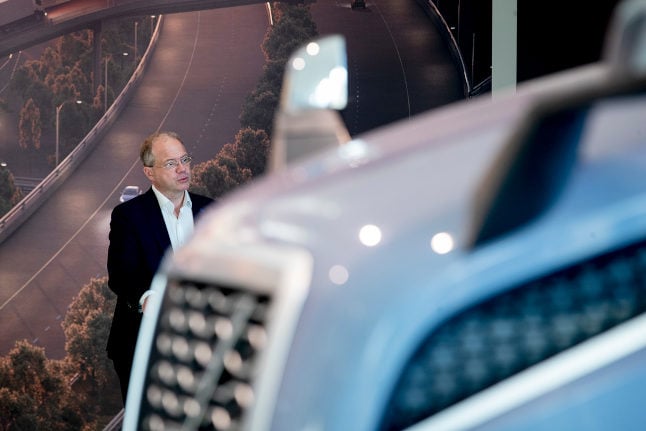“We want the government to act immediately … A car-scrapping premium has a double effect: old cars that pollute the environment twice as much as new ones disappear, and at the same time the car industry is stimulated and more people can keep their jobs,” chief executive Stephen Odell told financial daily Dagens Industri.
A number of European countries have already introduced cash-for-clunkers programmes, including Germany, France and Austria.
In Sweden, which has one of the oldest car parks in Europe, an incentive programme in 2007 for cars made before 1989 was so popular that the earmarked funds were used up immediately and it has not been reintroduced since then.
Odell also called for a government programme that offers new car buyers a 10,000-kronor ($1,250) rebate if they buy an environmentally-friendly car to be extended beyond 2009, when it is due to expire.
Sales of green cars have risen by 50 percent since the rebate was introduced in April 2007, and environmentally-friendly cars now represent a third of cars sold.
Those strong figures come despite the dire situation for the car industry.
According to the BIL Sweden association of carmakers, new car registrations plunged by 45 percent in December from a year earlier and by 17.3 percent for the full-year 2008.
Odell said Sweden was expected to see a 50 percent drop in car sales in January, in what he said was the most dramatic decrease in Europe.
BIL Sweden has forecast a 27 percent drop in car sales for 2009 from 2008.


 Please whitelist us to continue reading.
Please whitelist us to continue reading.